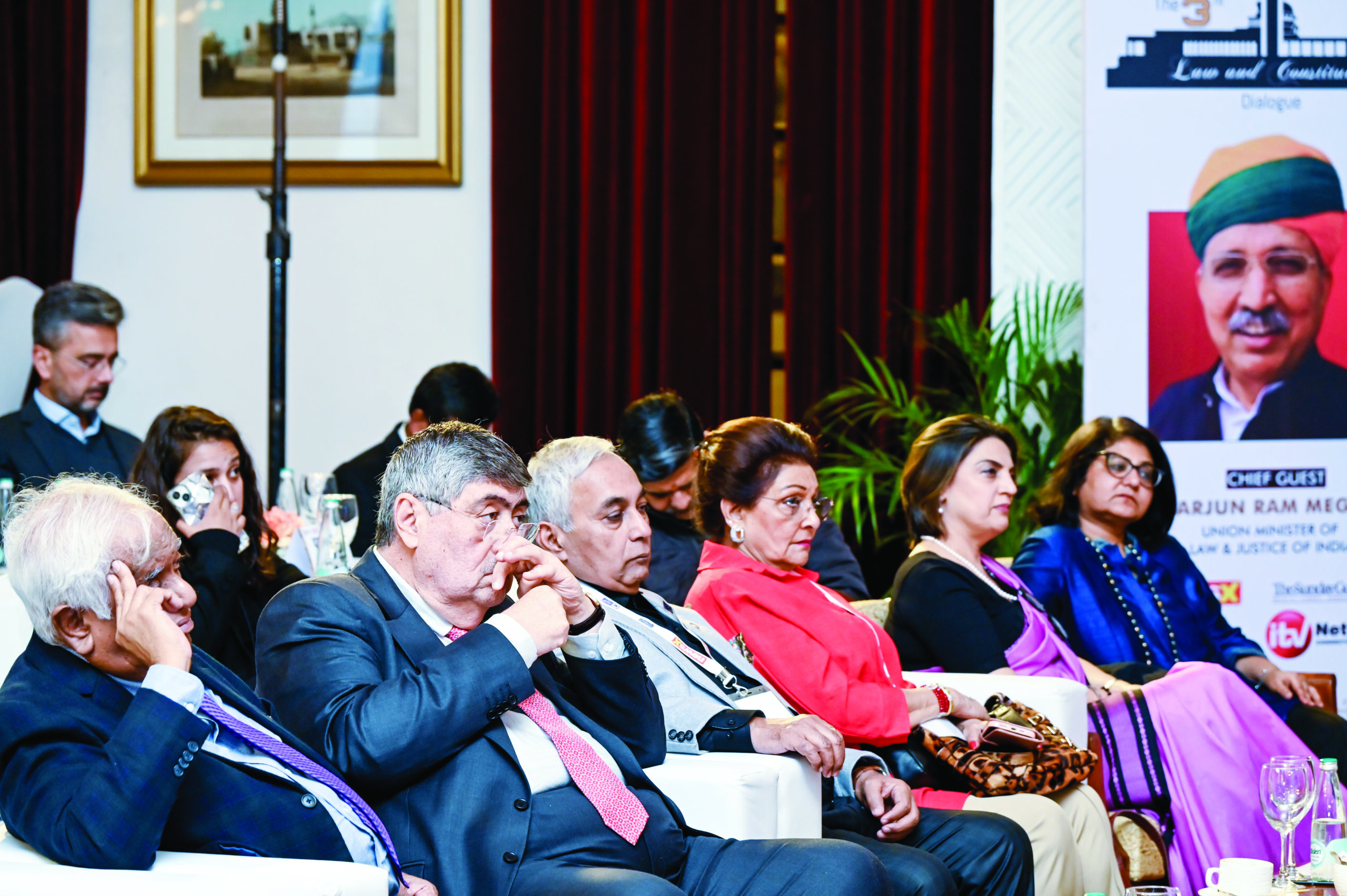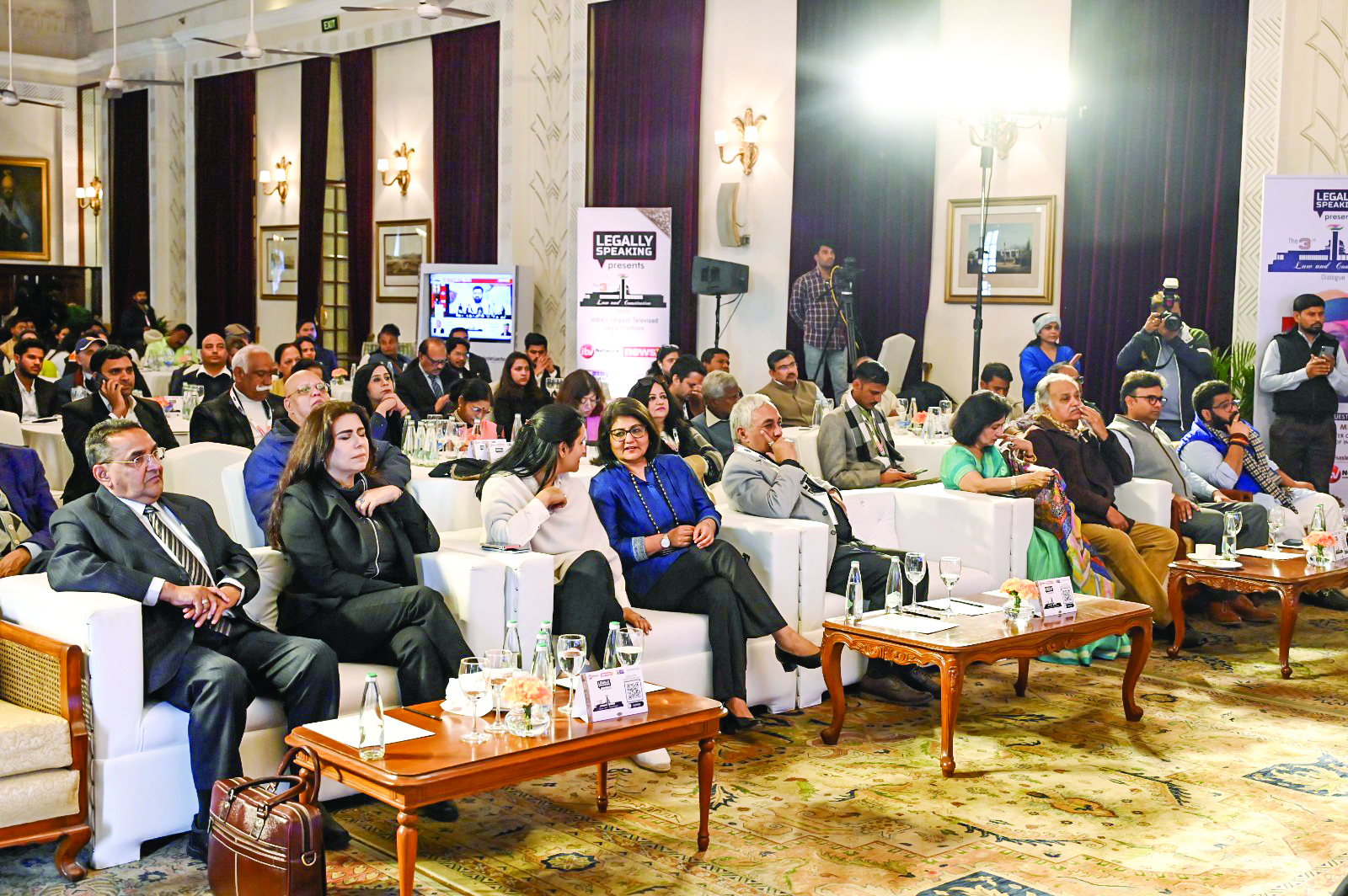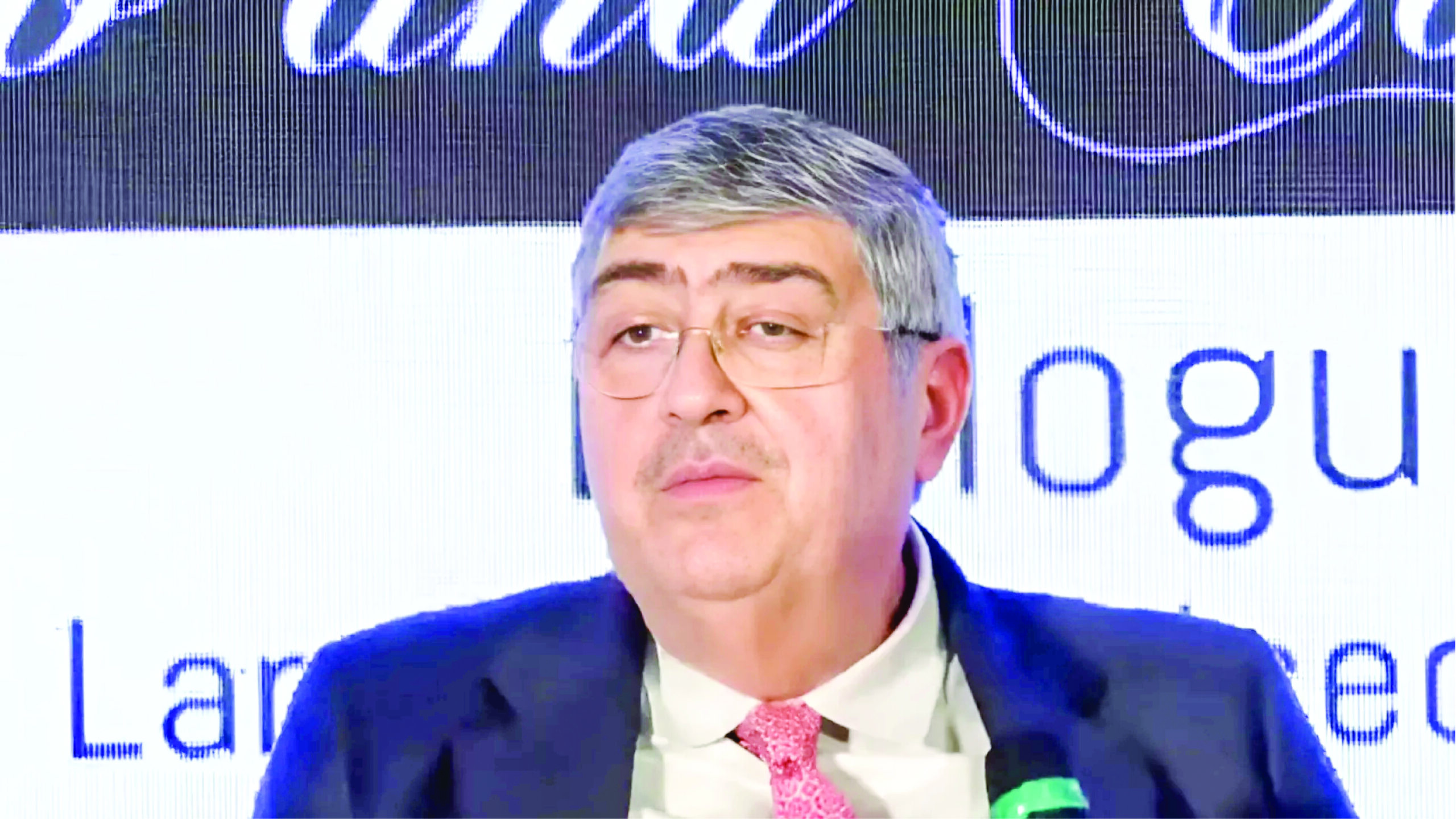The councils stated that they made the demand in light of the problems that persons from the South encounter in conducting cases in Delhi, both in terms of accessibility and cost. A delegation of top officials from the Bar Councils of five southern states – Karnataka, Tamil Nadu, Telangana, Andhra Pradesh, and Kerala – met with Chief Justice of India NV Ramana and Vice President M Venkaiah Naidu to advocate for the establishment of a Supreme Court of India bench in South India. The Bar Councils of Telangana, Andhra Pradesh, Tamil Nadu, Karnataka, and Kerala came together in January this year and overwhelmingly demanded a Supreme Court bench in south India. It was unanimously resolved to request all the State Legislative Assemblies and Legislative councils to pass resolutions and send them to the center seeking a bench of the apex court in South India.


In November 2019, MDMK General Secretary and Rajya Sabha MP Vaico addressed the long-standing demand for the Supreme Court to establish a bench in South India for the convenience of litigants in the Upper House of Parliament. Vaiko had stated that a Supreme Court bench in Chennai will help the supreme court’s backlog of litigation. He said that the high expense of travel to New Delhi was prohibiting marginalized and disadvantaged people in South India from accessing the Supreme Court.
DECENTRALISATION’S OBJECTIVES
According to Justice Krishna Iyer, there was no rationale for choosing Delhi as the Supreme Court’s exclusive venue. The tyranny of the south by the north was mirrored in the centralised system. Suggested that the Supreme Court be divided into many benches, similar to how several High Courts do it. Several additional proponents of decentralisation note to two major issues that they feel regional benches can address.
The Supreme Court hears only a few matters from the subordinate courts. Due to the Supreme Court’s geographical concentration in Delhi, frequent adjournments have only added two cases to the pre-existing backlog. Aside from the case backlog, the Law Commission’s 229th report also highlighted the logistical challenges that poor litigants confront when travelling all the way to Delhi.
SUGGESTION OF THE LAW COMMISSION
The Law Commission recommended that four regional benches be established to hear matters from each region. Second, the separation would allow a Supreme Constitutional Court to better teach national issues. Litigants frequently ask their High Court attorneys to appear at the Supreme Court, resulting in a cost multiplier in terms of lodging and travel fees. “Adjournment grew prohibitive, costs multiplied,” according to the Law Commission’s findings. The Supreme Court was created to be a constitutional court, not just another Court of Appeal (Justice Bhagwati). The court, on the other hand, is currently inundated with appeals, which consume more time than constitutional issues. Only ten 5-judge constitutional benches have been formed on average per year since the 1960s, compared to 100 per year in the 1960s.
Article 145(3) mandates the use of these benches in all cases involving significant constitutional issues. “The Supreme Court cell seat in Delhi or such other place or places, as the Chief Justice of India may, with the agreement of the president, nominate from time to time,” according to Article 130 of the Indian constitution. As a result, the Supreme Court can convene at any location, not just Delhi. In a 1986 decision, Justice P.N. Bhagwati agreed with this viewpoint.
“If Article 130 is generously interpreted, no constitutional change may be required for the purpose of establishing cassation benches in four regions and a Constitution Bench in Delhi,” the Law Commission stated in its 229th report. The Chief Justice of India’s action, with the president’s consent, may be sufficient. It should also be emphasised that the Chief Justice of India acts as a person designato under Article 130 and is not compelled to consult any other authority or person. Only the president’s approval is required.
OPPOSITE PERSPECTIVE
Many legal experts believe that establishing regional Supreme Court benches will diminish the court’s constitutional superiority. However, given that the decentralisation is both functional and structural, and that only the Delhi bench deals with constitutional issues, such fears may be unfounded. As a result, establishing regional benches has no bearing on the supreme court’s finality or superiority. The Supreme Court of India has always been a strong institution that has provided exceptional service to the country.
ARE THERE ANY OTHER OPTIONS?
The Congress advocated the creation of a national Court of Appeals (NCA) as an intermediary body between the Supreme Court and India’s 25 high courts to hear regular civil and criminal appeals from the high courts in its Lok Sabha election platform. According to the Congress’s proposal, the NCA will be divided into six regional benches, each with three judges. The Congress has also suggested a constitutional change that would limit the Supreme Court’s authority to issues involving constitutional interpretation and adjudication of cases of national importance.
CONCERNS WITH THIS
Article 130 of the Indian Constitution, which would, in fact, amount to meddling with the Supreme Court’s essential constitutional structure. An amendment like this would strip the Supreme Court of its extraordinary appeals-hearing powers. The Union Minister of Law and Justice stated the same thing in 2014 when denying the aforementioned request.
ATTEMPTS IN THE PAST
The report recommended that the Supreme Court establish four appellate benches in Chennai/Hyderabad, Delhi, Kolkata, and Mumbai. At the time, the report’s proposal was rejected. V Vasanthakumar submitted a petition in 2015 to establish regional Supreme Court benches. The Supreme Court appointed KK Venugopal, the incumbent Attorney General, as an amicus curia in the case. He was in favour of the court being decentralised. However, Mukul Rohatgi, the then-Attorney General, was a vocal opponent of the proposal.
THE PROPOSAL’S DRAWSBACKS
A fragmented court is thought to result in fragmented verdicts. The Supreme Court must unify the law throughout India, and having numerous benches may obstruct this purpose. This is analogous to the current situation, in which multiple High Courts issue conflicting rulings on the same facts. This proposition may possibly be in violation of doctrine’s basic structure. Any division of the code would necessitate a constitutional amendment. Article 136, in particular, may have an impact on basic structure doctrine. Ex-CJI KG Balakrishnan made a point of avoiding dismissing cases, as this would be tantamount to denying someone a hearing. As a result, urgent measures are required to resolve the backlog of cases.












